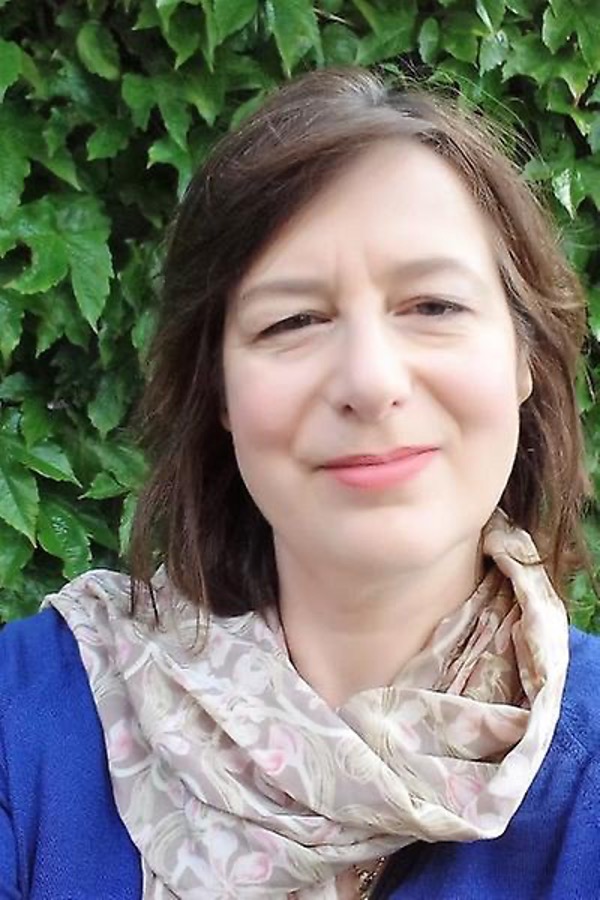Keynote speakers
Mel Evans: ‘What letter’s that? Exploring style and literariness in early modern fictional correspondence’
This keynote lecture investigates two related questions using computational stylistic and corpus-based techniques: What makes a literary letter a plausible example of an epistolary text, whilst serving the needs of its fictional environment? In what ways does the style of a fictional letter differ across literary genres on stage and page? Focussing on the letters Aphra Behn – which I am editing for the Cambridge Edition of the Works of Aphra Behn – I examine how Behn not only uses letters in her fiction, drama, and verse, but how she writes them, contrasting these findings with her non-literary correspondence. My approach draws on digital humanities and language-focussed approaches to epistolary texts (e.g. Magnusson 1999, Fitzmaurice 2000), finding that Behn’s letters are distinctive across genres, and by their fictional letter-writers. The talk offers insights into what characterises the literary letter at a key point in English prose writing and the evolution of the novel, as well as demonstrating the value of applying language and digital tools. I posit that an interdisciplinary approach to literary letters can help us understand the landscape and ecology of the fictional epistle, and their non-literary counterparts, from the early-modern period to the present.
Speaker bio:
MEL EVANS is Associate Professor in English Language (with Digital) at the University of Leeds. Her research explores the intersection of language and technology, and how the materials and conventions around communication have evolved and developed throughout history, focussing especially on early modern correspondence and epistolary practices. This spans the relationship between individual practices and language use ‘in the moment’ and the longer trajectory of variation and change, whilst developing and applying digital and computational tools and methods. She is General Editor of the Cambridge Edition of the Works of Aphra Behn, editing Behn’s letters for Volume VIII, and has published in Language and Literature, Women’s Writing and Digital Scholarship in the Humanities on computational and stylistic approaches to Behn’s style and authorship.
Emma Clery: The epistolarium, modern letters editions, and the case of Mary Wollstonecraft

An edition of letters has the power to shape legacy. The first editor of Wollstonecraft’s correspondence was her husband, the philosopher William Godwin who, immediately after her untimely death, published a selection of 93 censored letters and destroyed the originals. This reinforced his biographical account of her as a tragic victim governed by feeling. Hundreds of other letters were lost or destroyed. Two previous editions of the surviving c.350 letters, and a host of biographies, have adhered closely to Godwin’s account. The new Oxford University Press edition will reopen the evidence base and question fixed assumptions by emphasising the significance of the diverse material states of the Wollstonecraft letters, the function of correspondence as social network, and the politics of archives and their gaps. Like The Olive Schreiner Letters Online, the Mary Wollstonecraft letters project aims to model a theory and practice of feminist editing. My talk will focus specifically on the value of the concept of the ‘epistolarium’ as ‘a heuristic for thinking about letters’ (Stanley, Salter & Dampier, 2012) which situates individual surviving texts as fragments of an architecture of epistolary transactions.
Speaker bio:
E.J. CLERY is Chair Professor of English Literature at Uppsala University. Recent publications include Jane Austen: The Banker’s Sister, (Biteback Press, 2017), Eighteen Hundred and Eleven: Poetry, Protest and Economic Crisis (Cambridge University Press, 2017; awarded the British Academy Rose Mary Crawshay Prize), and Mary Wollstonecraft: A Very Short Introduction (Oxford University Press, 2025). She is General Editor of the new Collected Works of Mary Wollstonecraft, forthcoming with Oxford University Press and is currently co-editing the correspondence volume.
Jon McGregor: An Audience of One: The Letter as a natural literary form

Despite its near-extinct status, the handwritten letter retains for many people an unintimidating sense of the familiar. Ask a group of people in a workshop to write a short story, and they may well freeze; ask the same people to write a letter and they’re unlikely to hesitate. What is it about the letter form that lends itself to an often unselfconscious and unforced literary style?
Drawing on examples of work published in The Letters Page – a literary journal in letters, since 2013 – by writers such as George Saunders, Naomi Alderman, Kevin Barry, and Clare Wigfall (as well as, crucially, work by writers who have published nothing else before or since), Jon McGregor explores what people are doing when they sit down to write a letter, and what happens when we write for an audience of one.
Speaker bio:
JON MCGREGOR has written five novels and two story collections, won the IMPAC Dublin Literature Prize, Betty Trask Prize, and Somerset Maugham Award, and been longlisted for the Man Booker Prize three times. He has been the editor of The Letters Page, a literary journal published by the University of Nottingham, since 2013.